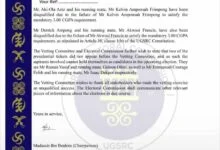Guinness World Records: 5 Benefits and 6 Qualification Requirements of The Guinness World Records.
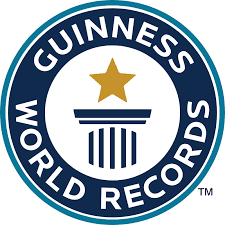
The Guinness World Records, often referred to simply as the Guinness Book of Records, has become a global phenomenon since its inception in 1955. This iconic publication is synonymous with feats of human achievement, extraordinary talents, and the limits of what is possible. With its origins rooted in a friendly argument over the fastest game bird in Europe, the Guinness World Records has evolved into a compendium of the extraordinary, showcasing the remarkable abilities and accomplishments of people worldwide.
The story of the Guinness World Records begins with Sir Hugh Beaver, the managing director of the Guinness Brewery, attending a shooting party in the early 1950s. An argument arose among the guests about the fastest game bird in Europe, and Sir Hugh realized there was no reference book to settle such disputes. Inspired by this, he envisioned a book that could become an authoritative source of facts and figures. The idea for the Guinness Book of World Records was born.
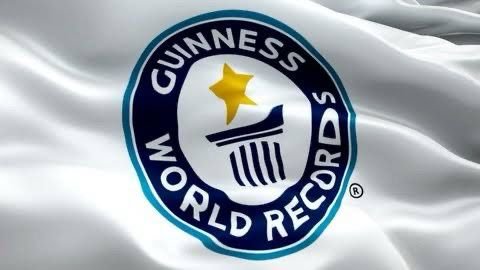
In 1955, the first edition of Guinness World Records was published and distributed free of charge to pubs across Britain. Few could have predicted the impact it would have on popular culture. The book quickly became popular and demand for it grew rapidly. Recognizing its potential, the decision was made to release a follow-up version to the general public. Since then, Guinness World Records has become a household name, captivating readers with its fascinating collection of records.
One of the key aspects of the Guinness Book of World Records is its commitment to reliability and accuracy. All submitted entries undergo a rigorous screening process to ensure legitimacy. Judges and experts evaluate evidence, witness statements, and other relevant documents before reviewing the record. This commitment to integrity has raised the profile of Guinness World Records and strengthened its status as a source of record-breaking achievements.
The Guinness Book of World Records entries are as varied as human achievements. From the tallest man to the fastest marathon runner, from the biggest pizza to the longest fingernails, records cover a wide gamut. This inclusivity captures the essence of the human spirit, celebrating both the extraordinary and seemingly ordinary accomplishments that make us unique.
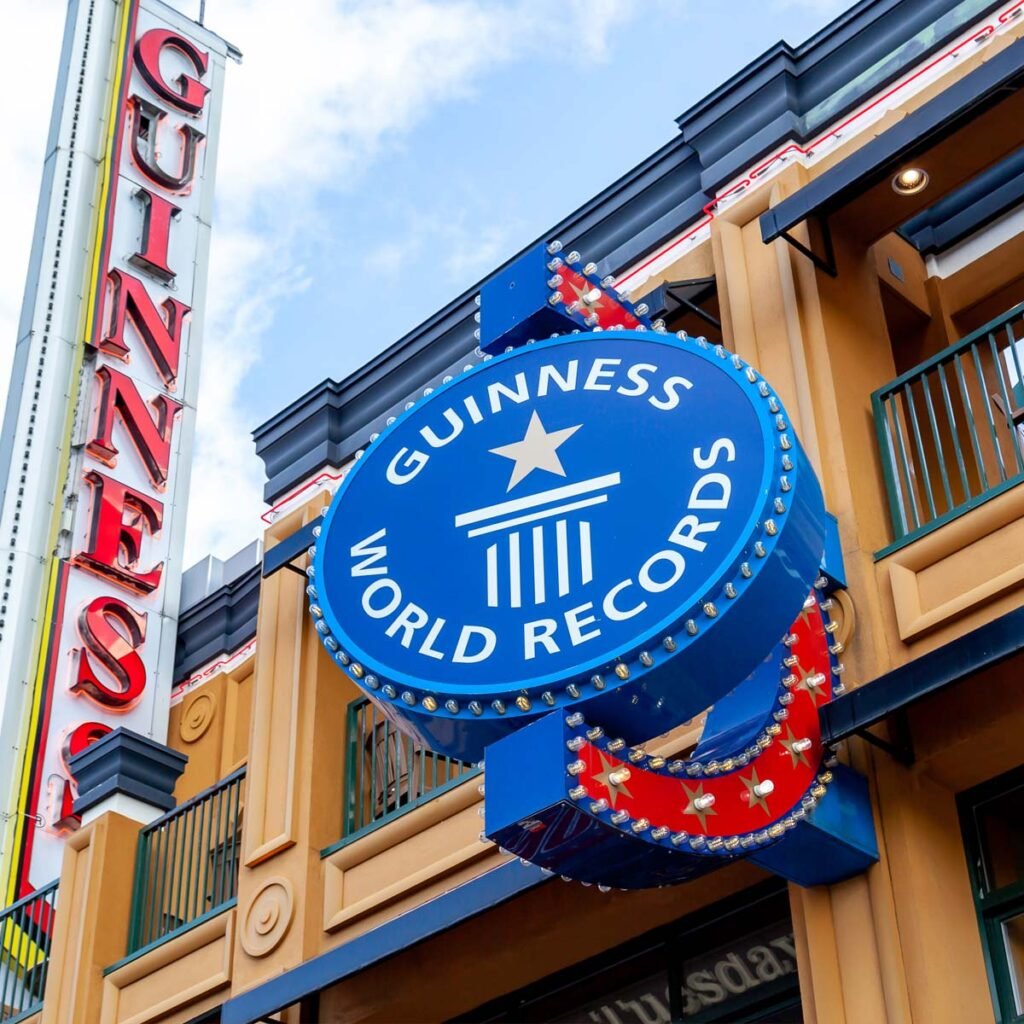
Guinness World Records recognizes collective efforts as well as individual achievements. Records of public participation, such as major human organizations or synchronized events, demonstrate the power of collaboration. These recordings often serve as evidence of a community coming together to achieve common goals, overcome barriers, and create lasting memories.
Over time, Guinness World Records has adapted to changing times. While the iconic book remains its core product, the brand has expanded its presence through digital platforms, TV shows and live events. The annual publication continues to captivate readers with fresh content, including new record holders and updates to existing records. This adaptability has allowed Guinness World Records to remain relevant in a rapidly changing and ever-evolving world.
The impact of Guinness World Records on both individuals and communities is enormous. Not only are record holders recognized in books, but they are often in the spotlight and become ambassadors for their achievements. The sense of pride and accomplishment that comes with achieving a record fuels many people, encouraging them to reach new heights and inspiring others to do the same.
In conclusion, the Guinness Book of World Records has become a symbol of human potential and achievement, reflecting outstanding achievements that push the boundaries of what is possible. From its humble beginnings as a pub gift to its current status as a global phenomenon, Guinness World Records continues to inspire and amaze. As people continue to dream big and expand their possibilities, the pages of this iconic book will continue to be filled with new records that showcase the incredible diversity of human achievement.
5 Benefits of Participating in The Guinness World Records.
Being included in the Guinness Book of World Records provides individuals and organizations with a unique opportunity to showcase their talents, push boundaries and leave a mark on history. Beyond the thrill of breaking a record, this experience offers many benefits that extend far beyond the moment of accomplishment.
1. Global recognition and reputation:
Achieving a Guinness World Record puts participants in the immediate spotlight. The Guinness Book of World Records brand is recognized globally, and being featured in our annual publication or on digital platforms brings unrivaled prestige. Whether it’s an exceptionally talented individual or a group with a record of large-scale participation, recognition opens the door to new opportunities. This global recognition can be a game-changer for an individual, business, or community, providing a level of impact that is difficult to achieve through other means.
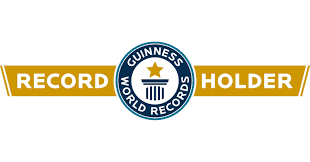
2. Individual and Team Achievements:
Pursuing a Guinness World Record often requires tremendous dedication, teamwork, and personal commitment. Whether preparing for a physical feat, perfecting a unique skill, or organizing a large-scale event, the journey itself is a transformative experience. Participants develop resilience, discipline, and a strong work ethic while achieving their goals. The sense of accomplishment after successfully breaking a record, whether individually or as part of a team, can be a life-changing moment, building confidence and instilling belief in your ability to overcome challenges.
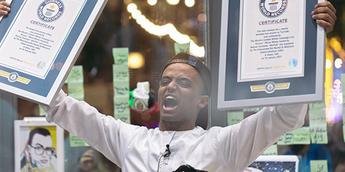
3. Inspiration and Motivation:
The story of a Guinness World Record holder inspires others. Watching an individual or group achieve something that seems impossible can motivate people to chase their dreams and expand their capabilities. Records set by others serve as a benchmark for what can be achieved, inspiring new generations of record holders. This ripple effect of inspiration creates a culture of innovation and ambition beyond the immediate participants.
4. Community Participation and Unity:
Many Guinness World Records involve collaborative efforts and public participation. Whether forming the largest human chain or organizing a synchronized event, these posts often bring the community together. The common goal of breaking records fosters unity, cooperation, and community involvement. Working toward a common goal can strengthen the bonds between participants and create lasting bonds. Beyond the record-breaking attempt itself, you can have a positive impact on your community and leave a legacy of shared achievement.
5. Brand promotion and popularization:
For businesses and organizations, winning a Guinness World Record can be a powerful marketing tool. Proper advertising and media coverage provides valuable exposure, reaching a large audience around the world. Record performance becomes a unique selling point that sets a company apart from its competitors. This increased transparency can attract new customers, investors, or partners. Even for individuals, recognition can help you leverage your reputation as a personal brand asset, opening the door to referrals, collaborations, or speaking opportunities.
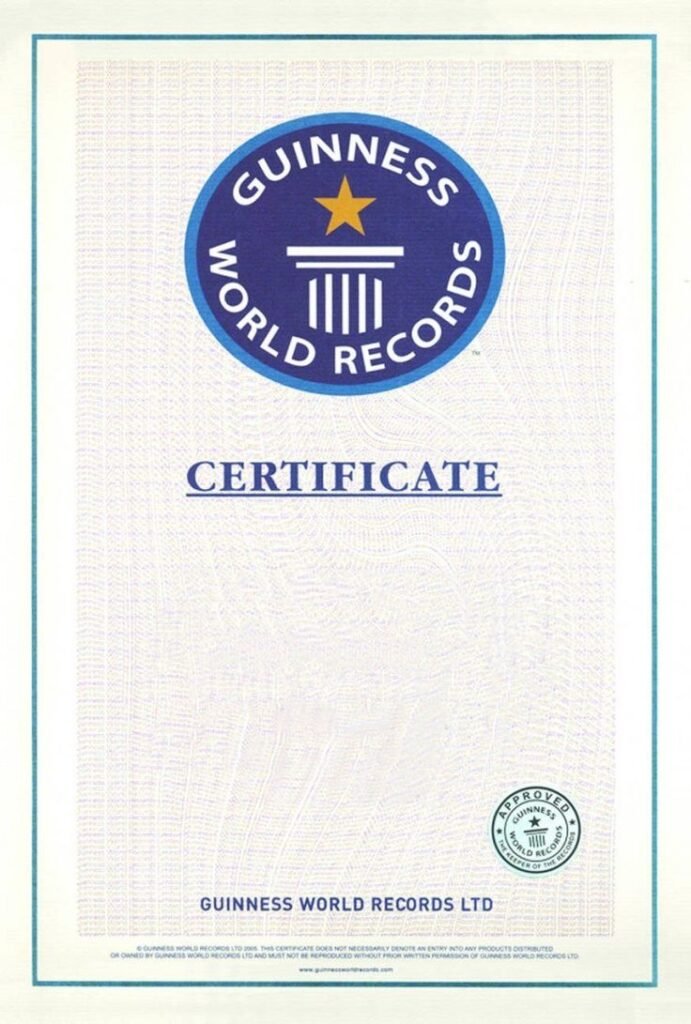
Being listed in the Guinness Book of World Records is more than pursuing outstanding achievement. It is a journey that includes personal growth, community involvement, and global recognition. The benefits extend far beyond the record-breaking moment, shaping the lives of participants and having a lasting impact on those inspired by their achievements. Whether it is an individual reaching new heights or a community coming together to achieve a common goal, the pursuit of Guinness World Records is a celebration of human potential and the relentless pursuit of excellence.
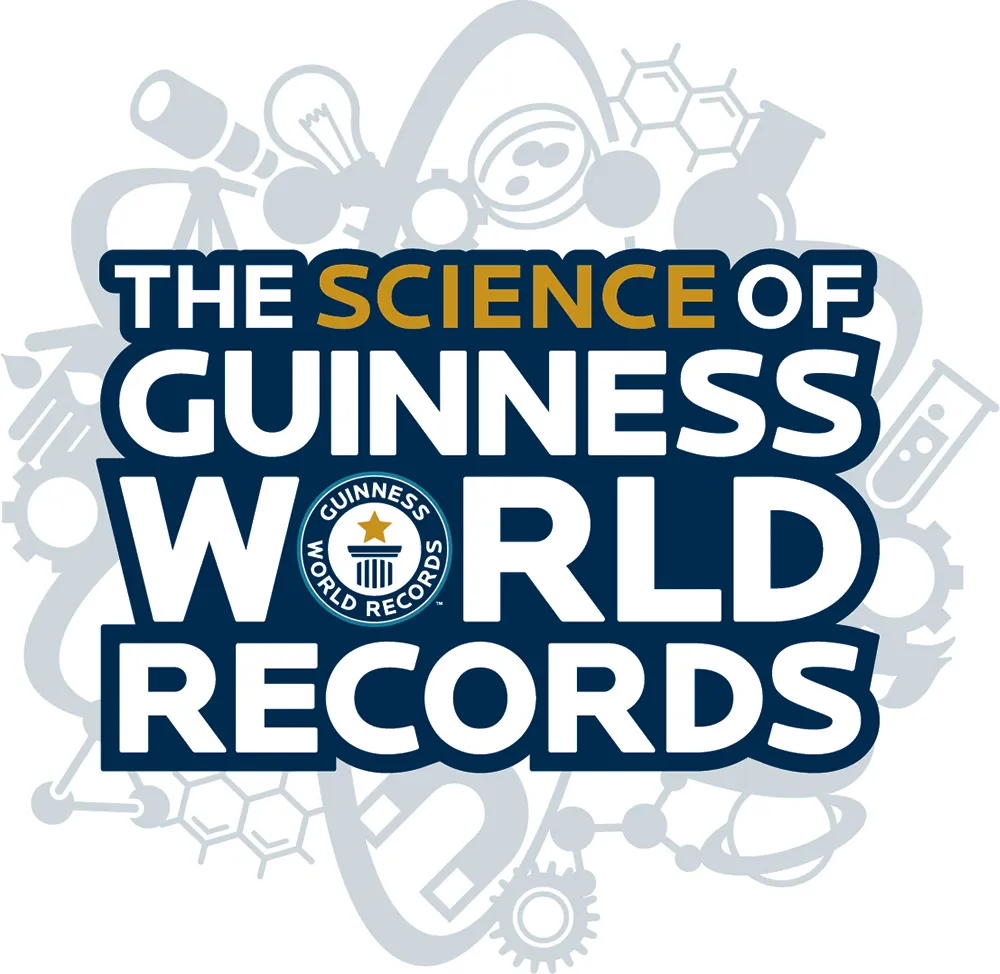
6 Qualification Requirements for Guinness World Records:
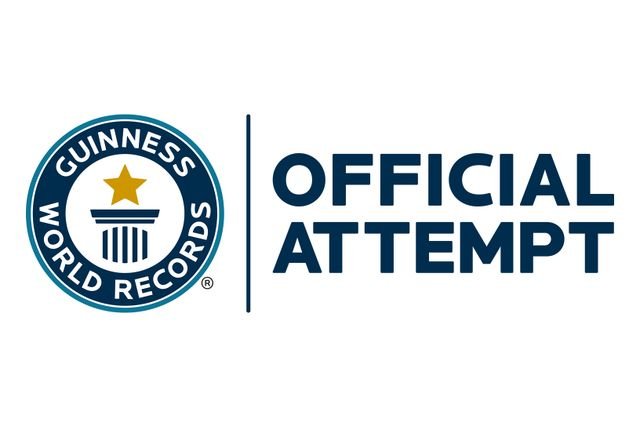
1. Compliance with guidelines and standards:
Potential entrants must fully understand and comply with the specific guidelines and criteria established by Guinness World Records for their chosen record category. These guidelines outline the rules, measures and requirements needed to establish records. Failure to meet these criteria may result in disqualification, which highlights the importance of a thorough understanding of the rules.
2. Documents and Evidence:
Guinness World Records focuses on collecting comprehensive documentation and evidence to verify record attempts. Participants must provide clear and undeniable evidence of their accomplishments, including videos, photos, witness statements, and other relevant documents assigned to specific record categories. The quality and reliability of this evidence plays an important role in the verification process.
3. Official Witnesses and Judges:
Depending on the nature of the record, Guinness World Records may require the presence of an official witness or judge to observe and verify the authenticity of the attempt. They are often experts in their field and play an important role in verifying that records are broken according to established rules. Ensuring the presence and approval of these officials is a key eligibility requirement.
4. Record feasibility and safety measures:
Before attempting any recording, participants must ensure that the recording chosen is feasible and safe. Guinness World Records recommends that participants conduct a thorough risk assessment and take appropriate safety measures to protect themselves and other participants. These qualifications highlight the importance of balancing ambition with responsible and safe attempts to break records.
5. Official Application and Approval:
Before setting a record, participants must formally submit an application to Guinness World Records providing details of the proposed record-setting event. The application process includes review by a Guinness World Records panel of experts who evaluate validity, originality and compliance with guidelines. Successful candidates receive formal permission to continue their attempts. This move ensures that all record efforts meet the standards set by Guinness World Records.
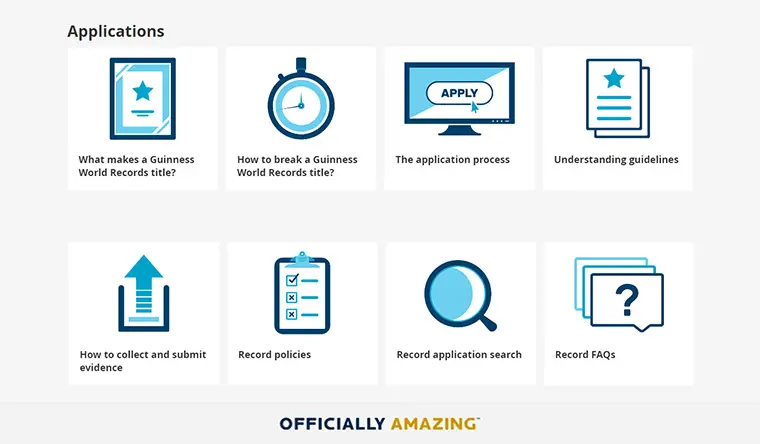
6. Age and health issues:
Guinness World Records may have specific age and health requirements for certain record categories. Participants in particularly physically demanding or potentially dangerous entries must meet these criteria to ensure their well-being during their attempt. To protect participants and maintain ethical standards in record keeping, age restrictions may apply to certain categories.
By meeting these eligibility requirements, participants increase the likelihood of a successful record attempt and contribute to the integrity and reliability of Guinness World Records. He emphasizes the importance of careful planning, following guidelines, and acting responsibly to ensure that your documentation efforts are not only impressive, but also safe and well-documented.









